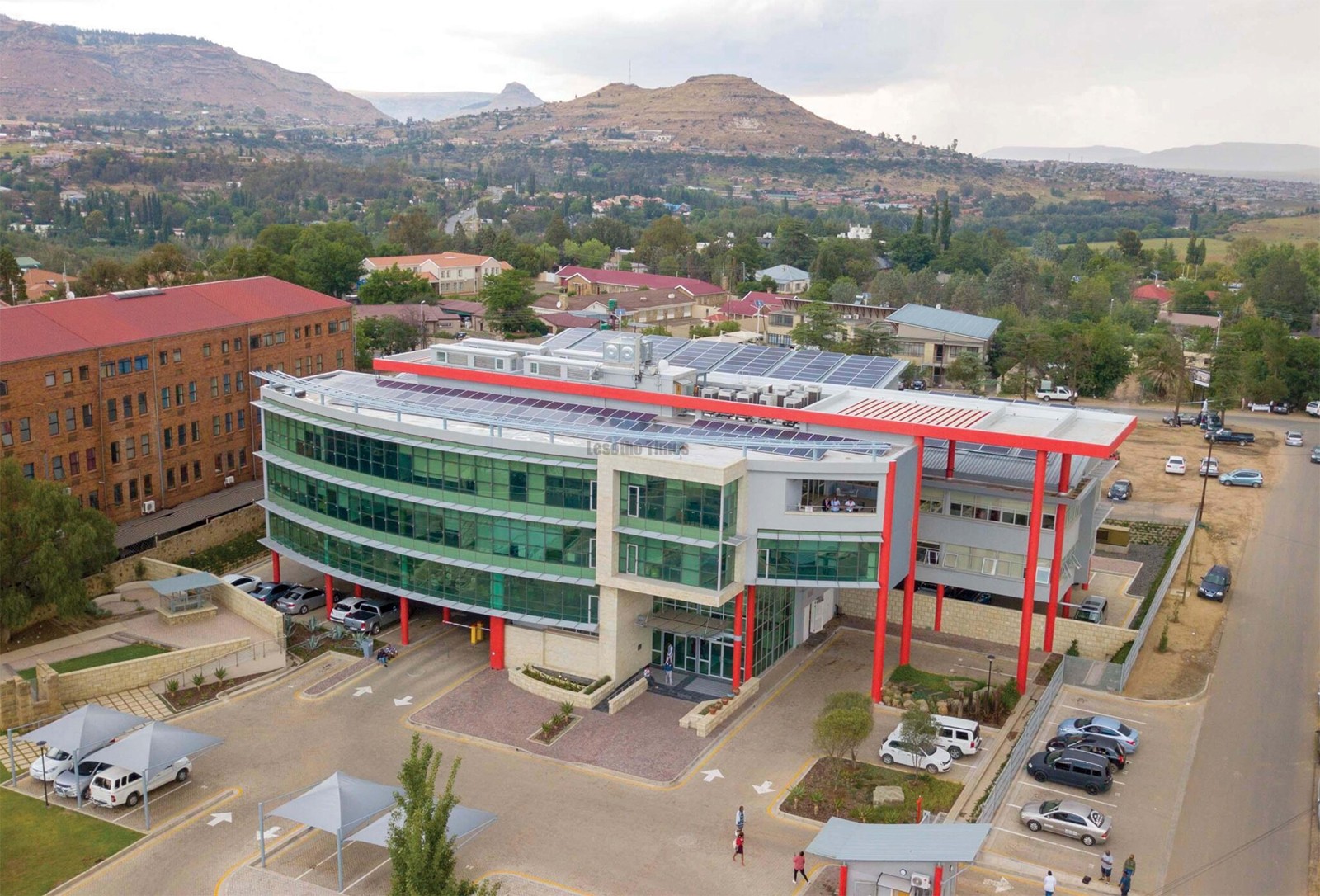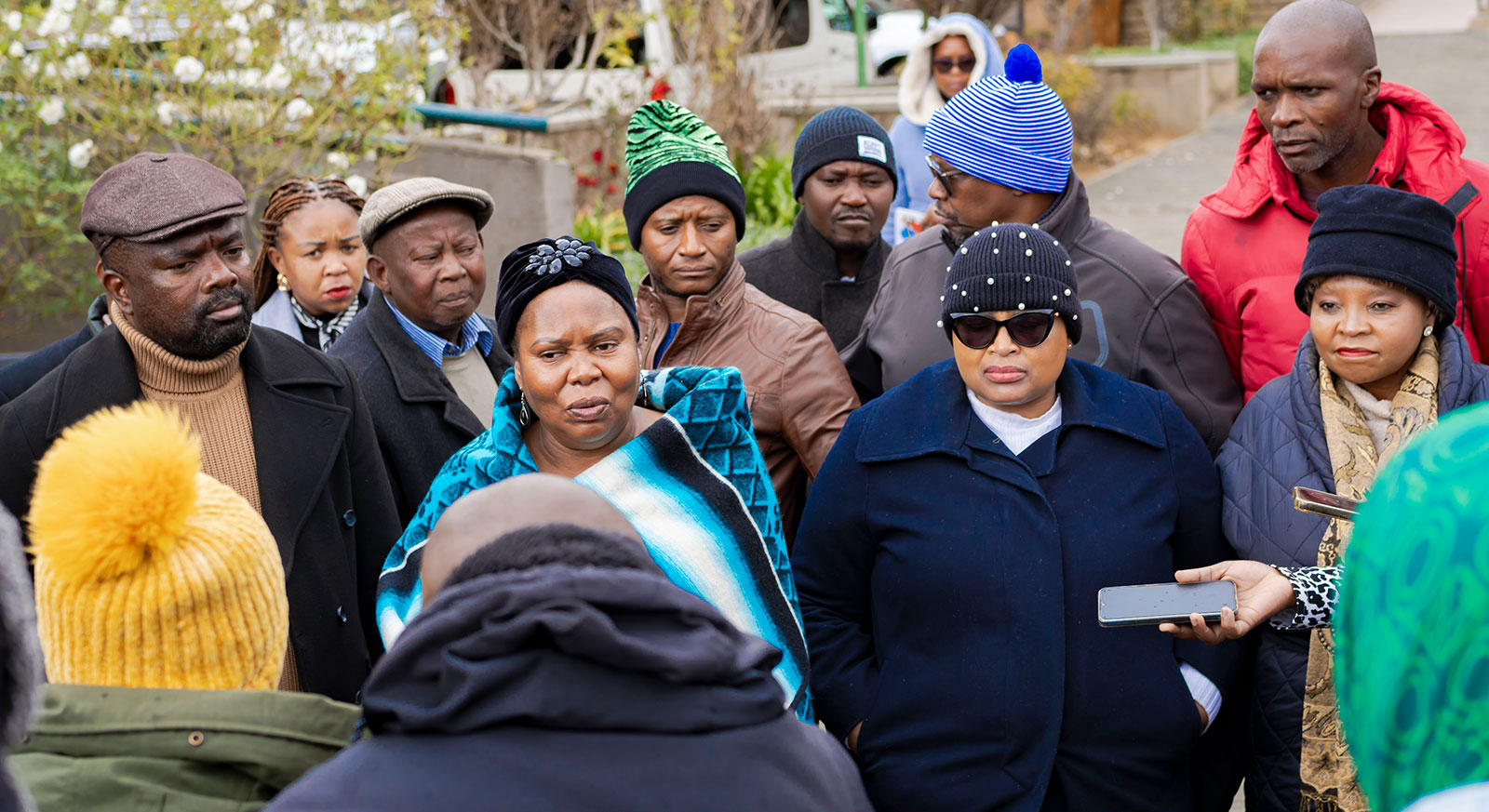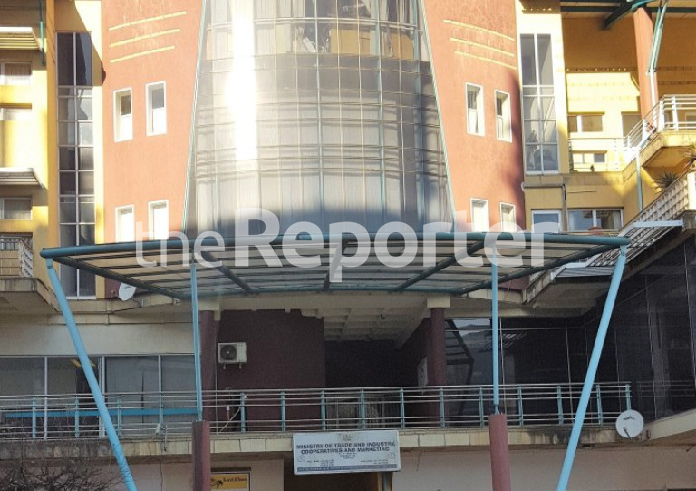Section 34 delay angers business owners

SHARE THIS PAGE!
Some Basotho-owned alcohol businesses in Maputsoe, Leribe, have threatened to take the law into their own hands after accusing the government of failing to implement laws meant to protect indigenous enterprises against foreign ‘invasion’.
The business people say their operations are increasingly under threat from mushrooming foreign-owned enterprises illegally using licenses borrowed from their Basotho owners to avoid the law.
They raised concerns over inexplicable delays by the Ministry of Trade, Industry, and Business Development in implementing Section 34 of the Business Licensing and Registration Regulations (Amendment 2021), which is intended to protect indigenous enterprises.
The business owners argue that despite the amendment’s enactment, there is no observable decline in foreign-owned operations. In fact, these businesses appear to be growing in number, they alleged.
They said that they would be left with no choice but to “shut down all illegal shops ourselves” if the government fails to act and implement the law.
Section 34 of the Business Licensing and Registration Regulations (Amendment 2021) prohibits foreign nationals from operating certain small businesses in 47 sectors. These are reserved exclusively for indigenous Basotho.
One of the concerned business owners, Tŝepo Sixishe, said they are frustrated that no tangible progress has been made in enforcing Section 34, which came into effect three years ago.
“We sell alcohol and were hopeful the amended law would help curb foreign encroachment into our businesses. Instead, we are seeing more foreign-owned enterprises opening,” Sixishe told theReporter in an interview this week.
His comments come despite assurances from the Ministry of Trade that it is committed to implementing the amended regulations. Section 34 explicitly reserves business activities listed in Schedule 16 exclusively for indigenous Basotho, in a bid to promote and develop indigenous entrepreneurship and small, medium, and micro-sized enterprises (SMMEs).
The law also stipulates that licenses issued to non-indigenous citizens will remain valid only until expiry and will not be renewed if the business remains under foreign ownership. Transferring shares or interests to a non-indigenous person similarly voids license renewal eligibility.
Sixishe cited a recent example where a Chinese national opened a car wash and fast-food stall selling fat cakes and chips in Maputsoe.
Another foreign-owned tavern has opened at Mohalalitoe, Ha Nyenye, he claimed.
“Foreigners are opening businesses in sectors reserved for Basotho – from bars to tuck shops to supermarkets,” he added.
On May 15, the concerned group wrote to the ministries of trade, tourism, and finance, demanding clarity on the lack of enforcement of Section 34.
They also questioned the finance ministry’s continued imposition of heavy levies on Basotho businesses, saying this was eating into their profits.
“We pay levies, taxes, and comply with requirements from the Revenue Services Lesotho, while also paying employees and rent. We are appealing to the Minister of Finance and Development Planning (Dr Retšelisitsoe Matlanyane) to either reduce alcohol levy or eliminate it entirely, to ensure that we remain in business,” the letter read.
Sixishe also revealed that the group had contacted the police, who said they were awaiting a government directive before taking action.
“If nothing is done, we’ll shut down those illegal shops ourselves. If foreign business owners resist, we will seize their alcohol stock. We want immediate answers or we’ll go to court,” he warned.
These concerns come as the ministry recently announced plans to review parts of the Business Licensing and Registration Regulations (Amendment 2021), which specify sectors reserved exclusively for indigenous Basotho.
According to the Business Licensing and Registration Regulations (Legal Notice of 2020), the 47 business activities reserved for indigenous Basotho include transport, cleaning, motor repair and retail, farming and sale of fruits and vegetables, pharmaceutical wholesale and retail, real estate, retail of animal feed, fuel supply, and hardware sales.
The Senior Public Relations Officer for the Ministry of Trade, Lihaelo Nkaota, said inspections are underway across the country to ensure that businesses adhere to the law.
Five districts have already been assessed while ministry officers are yet to visit the remaining five.
She attributed the delay to budgetary constraints.
“We have to wait for the allocated budget to complete the inspections,” Nkaota said.
She added that lending a license to a foreigner is illegal, yet acknowledging that the practice is common.
According to a recent report submitted to the National Assembly by the Minister of Trade, Industry, and Business Development, Mokhethi Shelile, while the law came into effect in August 2022, Section 34 is yet to be implemented. A resolution passed by the House on May 17, 2024, urged the ministry to expedite enforcement.
Inspections conducted from June 10 to 28, 2024, revealed that Lesotho’s commercial sector is overwhelmingly dominated by foreign-owned businesses. Of the 106 businesses inspected, 80 were owned by foreigners.
The foreign enterprises employ 90 percent of the local workforce in this sector and also account for the majority of migrant labourers.
The report further showed that 61 percent of inspected businesses fell within the reserved category, and 81.54 percent of those were foreign-owned. Only 18.46 percent were owned by Basotho. Additionally, 13 businesses were reportedly owned by naturalised citizens, with more under review.
The president of the Lesotho Liquor and Restaurant Owners Association, Motseki Nkeeane, blamed the unchecked proliferation of foreign-owned small businesses on corruption and lack of political will to enforce the law.
Nkeeane alleged that foreigners bribe ministry of trade officials to access restricted markets.
“Foreigners are busy opening cafés, taverns, and fast-food restaurants, often using licenses borrowed illegally from Basotho. Just this past weekend, a Chinese national opened a tavern at Mookoli, near Ha Tŝosane,” Nkeeane claimed.
Meanwhile, the CEO of the Private Sector Foundation of Lesotho, Thabo Qhesi, emphasised the importance of transparency.
“Parliament has ordered the Ministry of Trade to submit a report on its findings. We are eager to see the inspection results after multiple unanswered inquiries,” he said. The business community of the National Assembly awaits further action and accountability from the relevant ministries as tensions continue to rise over the apparent half-hearted efforts to enforce Section 34.

Vodacom scoops top awards
3 days ago

PAC rejoices as High Court dismisses LEC bid
4 days ago

Section 34 delay angers business owners
4 days ago
PAC unfazed by LEC court bid
7 days ago
Sasai launches EcoCash agents campaign
8 days ago
Small-scale miners’ long wait finally over
8 days ago
Journalists schooled on Insolvency Act 2022
9 days ago
LNIG Hollard pumps M1m into gospel event
9 days ago